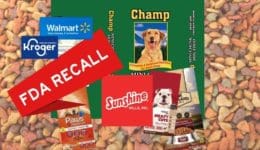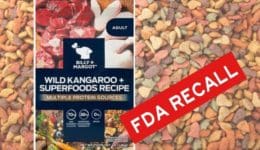Trupanion to release third quarter earnings Thursday amid strong, increasingly competitive pandemic puppy economy
It’s been a busy and successful year for the U.S. pet insurance market at large, which has seen eight newcomers since 2017 alone: Wagmo (2020), Spot (started in 2019 with personality Cesar Milan as its figure head), Lemonade (July 2020), Prudent Pet (2018), TrustedPals (2019), Bivvy (2018), Companion Protect (2017), and Pumpkin (2019). The newcomers offer some of the most budget friendly options in the pet insurance market, but there are a staggering number of pitfalls neatly tucked away inside the fine print of the policies.










